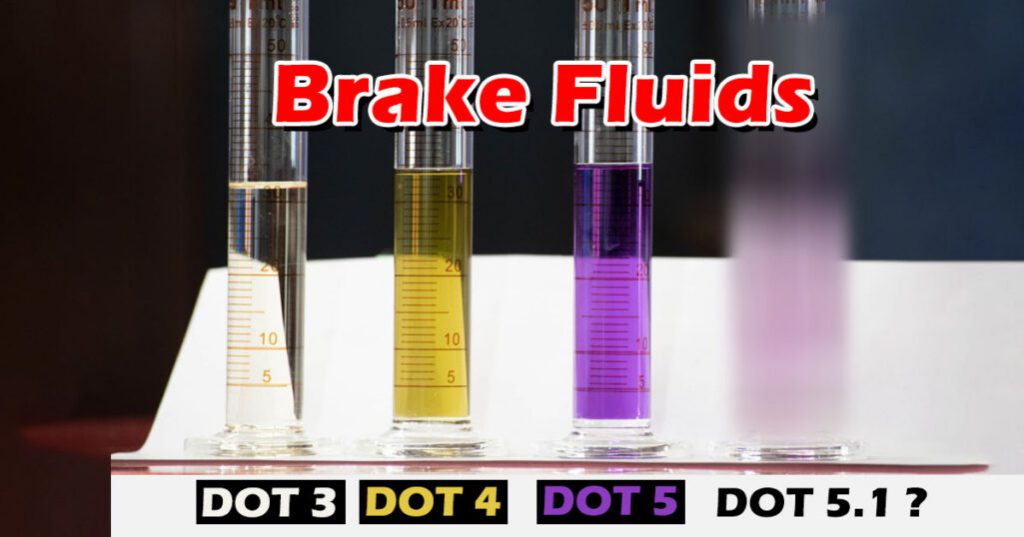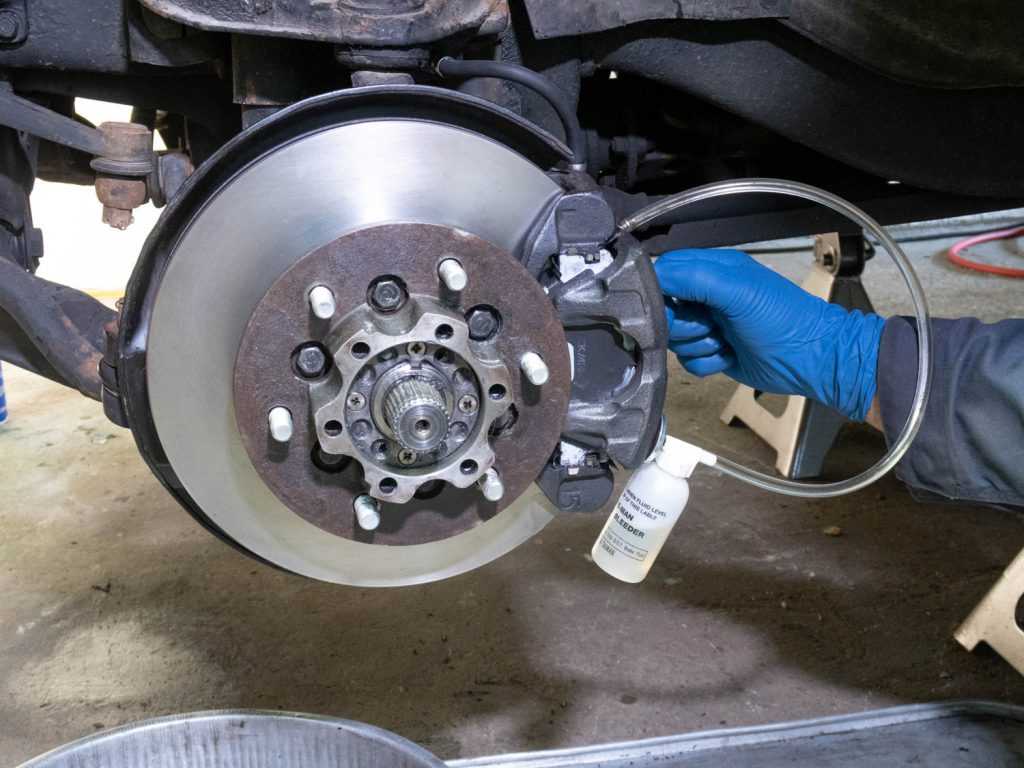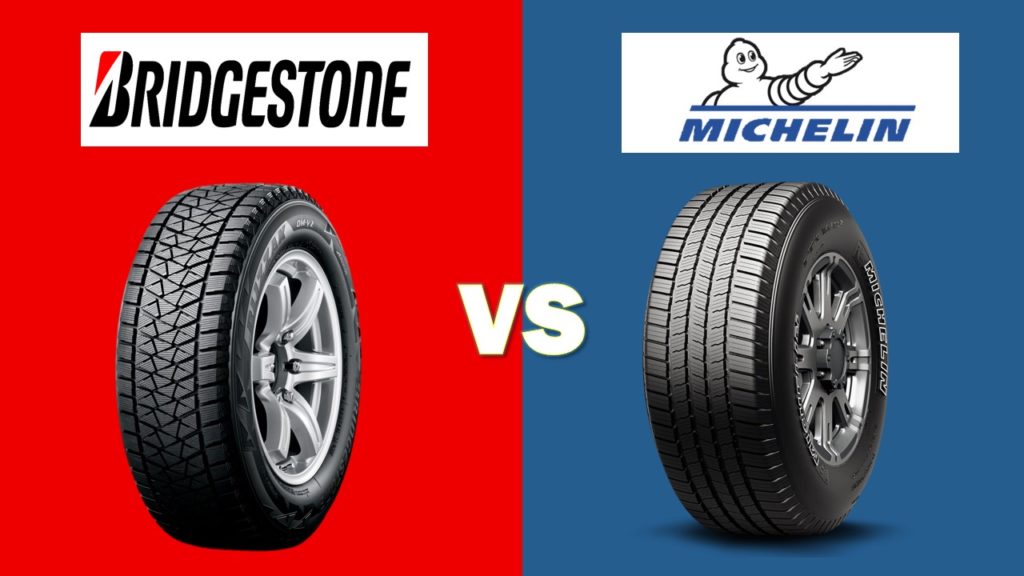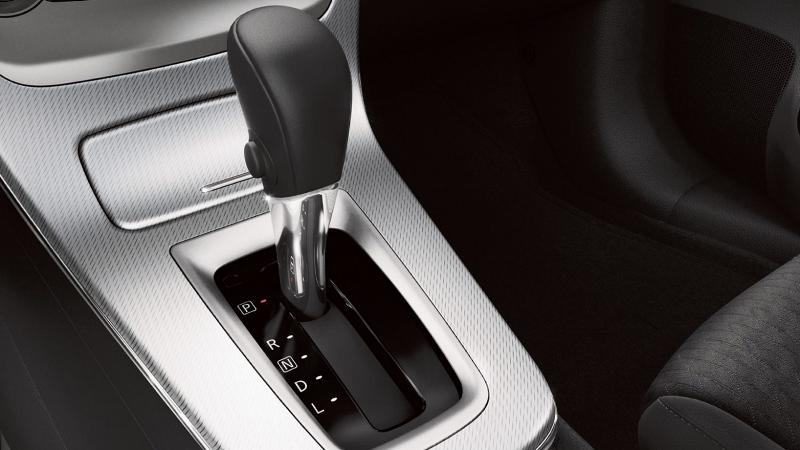Is Brake Fluid Flammable: Knowing The Risks
As we know, brake fluid plays an important role in a braking system, however, many drivers wonder if it is flammable. To address this concern, in this topic, we will discuss about is brake fluid flammable, how it works in your vehicle, and tips for safe handling.
Brake Fluid Basics: Things You Should Know
What is a brake fluid?
Automotive brake fluid is a liquid made from high-quality refined base oil and multi-purpose additives. The fluid is responsible for transmitting force from the brake pedal to the various parts of the braking system. In addition, brake fluid also functions as a lubricant, reduces friction and corrosion, and helps the vehicle operate smoothly. Brake fluid has many types such as Glycol-based, Silicone-based, mineral oil, etc. Similar to engine oils, brake fluid also needs to be checked and replaced periodically to ensure the safety of the car
Currently, most brake fluids are manufactured according to DOT standards. This is a standard issued by the Department of Transportation and SAE-Society of Automotive Engineers. The DOT standard is determined based on the lowest boiling point and the brake fluid’s ability to maintain performance. Brake fluid is a mixture of many components including:
- Antioxidant and corrosion inhibitor.
- Modifier – Coupler controls the swelling of uncovered rubber parts.
- Soluble solution (Glycol) accounts for 50-80% of brake fluid mixture and is responsible for determining viscosity and boiling point.
- Lubricants (Polypropylene or Polythene) keep parts running smoothly.

Some features of brake fluid
- Due to the incompressible feature of the liquid, brake fluid can transmit the impact force from the brake pedal to the brake system components in the most accurate way. This power transmission function requires the brake fluid to have a fairly high viscosity while the viscosity index is low. The physicochemical properties of brake fluid must be stable, with low volatility and especially without foam.
- Brake fluids produced by lubricant manufacturers are typically made from glycol or silicone bases and have suitable viscosity. They do not corrode the metals and materials of the brake system (such as rubber, plastic, cast iron, steel, etc.), ensuring lubrication for high load-bearing surfaces. The specific technical specifications of brake oil have several differences compared to ordinary lubricants, especially in terms of the dry boiling point (the boiling temperature of pure brake oil without water) and the wet boiling point (the boiling temperature of brake oil containing water). The higher the water content, the lower the boiling point and the presence of foam in the brake oil reduces the braking force transmission capability, with water foam being the main cause of metal corrosion.
Watch more:
Is Brake Fluid Flammable?
After having a basic knowledge of the functions and properties of brake fluids. We might wonder does brake fluid burn. Don’t worry! We will make everything clear in this part. It’s important to understand the potential risks of brake fluid and protect your vehicle and yourself from unwanted situations when using brake fluids.
Our answer is “Yes”, brake fluid is flammable. Brake fluid is typically a type of hydraulic fluid, and most hydraulic fluids, including brake fluids, have flammable properties. Most brake fluids are based on glycol ethers, such as ethylene glycol or diethylene glycol. These glycol ethers have a relatively low flash point, which is the temperature at which they can vaporize and form an ignitable mixture with air.
Additionally, brake fluid also contains additives and other compounds that contribute to its flammability. These additives are necessary to improve the fluid’s performance, such as enhancing its lubricating properties and resistance to corrosion. However, some of these additives can also increase the flammability of the fluid.
It’s important to note that while brake fluid is flammable, it has a high boiling point, which allows it to withstand the high temperatures generated during braking without vaporizing. This property is crucial for maintaining the effectiveness of the braking system.
Last but not least, brake fluids itself have a high flash point at 210-375 degrees Fahrenheit, which means they require a significant amount of heat to ignite, but they can still catch fire under certain conditions, such as in the presence of an open flame or a spark. It is important to handle brake fluid with caution and keep it away from ignition sources.
>> Read more: How Does Handbrake Work And What Are Its Functions?
What Are Some Safety Precautions When Handling Brake Fluid?
Knowing the tips when handling brake fluid will help you be safe and prevent any accidents:
- Wear protective equipment:
Wear appropriate PPE (Personal Protective Equipment) including safety goggles or glasses, gloves, and protective clothing. This helps prevent direct contact with brake fluid and minimizes the risk of skin or eye irritation. Additionally, brake fluid can release harmful vapors, so you shouldn’t work in confined spaces or places with poor ventilation.
- Avoid ignition things
Brake fluid is flammable, so avoid smoking or working near open flames or sparks. Make sure to keep any ignition sources away from the work area.
- First Aid
In case of skin or eye contact with brake fluid, immediately wash the affected area with plenty of water. If irritation or other symptoms persist, seek medical attention.
- No mixing or contamination
Do not mix different types or brands of brake fluid, as they may have different chemical compositions. Contamination can affect the performance of the brake system. Use a clean, dedicated container and tools for handling brake fluid to avoid cross-contamination.
- Disposal
Dispose of used brake fluid properly according to local regulations. Brake fluid is considered hazardous waste and should not be poured down drains or disposed of in regular trash.
- Manufacturer’s instructions
Read and follow the manufacturer’s instructions and warnings provided with the brake fluid. Different brake fluids may have specific handling requirements, so it’s important to be familiar with the product you are using.

FAQs
Is brake fluid corrosive?
The answer is “Yes”, brake fluid is corrosive. It is a highly caustic substance that can cause damage to various materials, including paint, rubber, and certain metals. Brake fluid contains chemicals such as glycols, ethers, and additives that enable it to function effectively within a vehicle’s braking system. However, when it comes into contact with surfaces or materials not designed to handle it, it can cause corrosion or deterioration.
Is brake fluid toxic?
Brake fluids contain chemicals that can be harmful if ingested, inhaled, or if there is prolonged skin contact. The specific composition of brake fluid can vary depending on the type and brand, but many brake fluids contain glycols, ethers, and other additives that can be toxic.
If the brake fluid is ingested, it can cause symptoms such as nausea, vomiting, abdominal pain, and dizziness. In severe cases, it can lead to organ damage. Inhalation of brake fluid vapors can irritate the respiratory system and cause dizziness, headaches, and difficulty breathing. Prolonged skin contact can result in skin irritation, redness, and chemical burns.
How often does brake fluid need to be changed?
Brake fluid can be contaminated with 2% water within the first 12 months and increase to 7 – 8% after only 36 months. Failure to change the fluid in time can cause brake failure during operation.
According to the manufacturer’s recommendations, the brake fluid needs to be changed every 2 years or after 30,000 – 40,000 km. If the vehicle is constantly moving in harsh conditions, high-humidity conditions, or applying the brakes continuously, drivers can change the brake fluid earlier.
To know exactly when to change brake fluid, car owners can check the actual amount and quality of oil in the tank through the brake fluid sensor equipped on the vehicle or check it manually. In the case of manual inspection, only observe from the outside, do not open the lid to avoid air and moisture entering.














